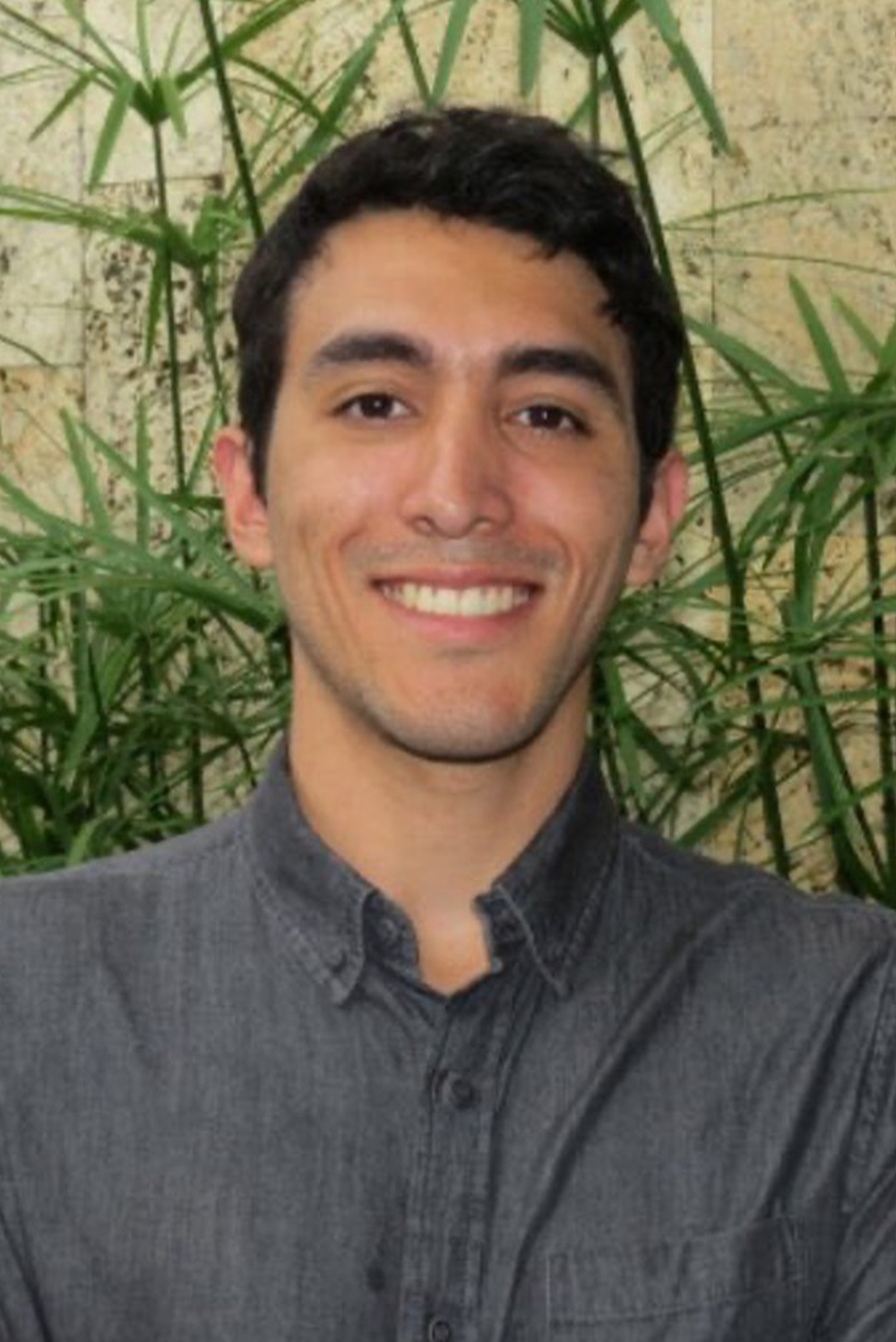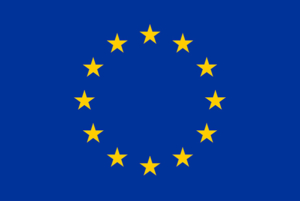Esteban Gómez Diaz
Research interests are in geochemistry, fluid-rock interaction, groundwater flow, hydrothermal transport and depositional processes, supercritical fluids, geothermal modelling, and geothermal exploration, geothermal modeling, numerical simulations, research campaign planning. Experience in planning and supervision of research campaigns, sampling and field analysis, numerical modeling and simulations.
- Ph.D. Student, RWTH Aachen, Germany – EYH Zurich, Swizertland
- MSc Sustainable Energy, Reykjavik University, Iceland (2018-2020)
- BSc Geology, EAFIT University, Colombia (2012-2017)
Project Title: Geothermal reservoir characterization of deep limestones in the Rhine-Ruhr region
Host Institutions: RWTH Aachen, ETH Zurich, Fraunhofer IEG, RWE
Supervisory Team: Peter Kukla, Maren Brehme, Rolf Bracke, Jens Hannes
Start date: 1.3.2021
ESR Objectives:
Novel approaches in quantitative assessment of geological, geophysical and geomechanical properties for an integrated 3-D reservoir model workflow.
Our main focus will be on the evaluation of typical fracture networks in limestones as geothermal reservoir rocks through a 3-D geometric model of the distribution of Devonian and Carboniferous carbonates in the Rhine Ruhr Region (RRR).
Specifically, we attempt meter to centimetre-scale mapping of fracture networks and degree of diagenesis in selected outcrops using drone and Lidar imagery, and test the obtained reservoir characteristics in existing underground infrastructures of the Fraunhofer TRUDI laboratory and the Weisweiler test site, through collaboration with RWE.
Research Update
In our recent research update, we conducted a thorough comparative analysis of fracture characteristics in potential geothermal reservoir rocks in the Aachen and Wülfrath region. Focusing on characterization and topology of fractures, we employed the Virtual Outcrop Model (VOM) approach and the linear scanline method to study selected outcrops from the Devonian Massenkalk and Lower Carboniferous Kohlenkalk carbonate formations.
By focusing on Palaeozoic carbonate outcrops in the Lower Rhine Graben, our research contributes to understanding fracture distribution and topology. Our study’s insights have implications for future geothermal exploration and identifying optimal locations for sustainable energy production.
The upcoming strategic phase involves synthesizing diverse geological, geophysical, and geochemical datasets to pinpoint a specific area conducive to constructing a comprehensive conceptual model.



 This project has received funding from the European Union’s Horizon 2020 research and innovati
This project has received funding from the European Union’s Horizon 2020 research and innovati